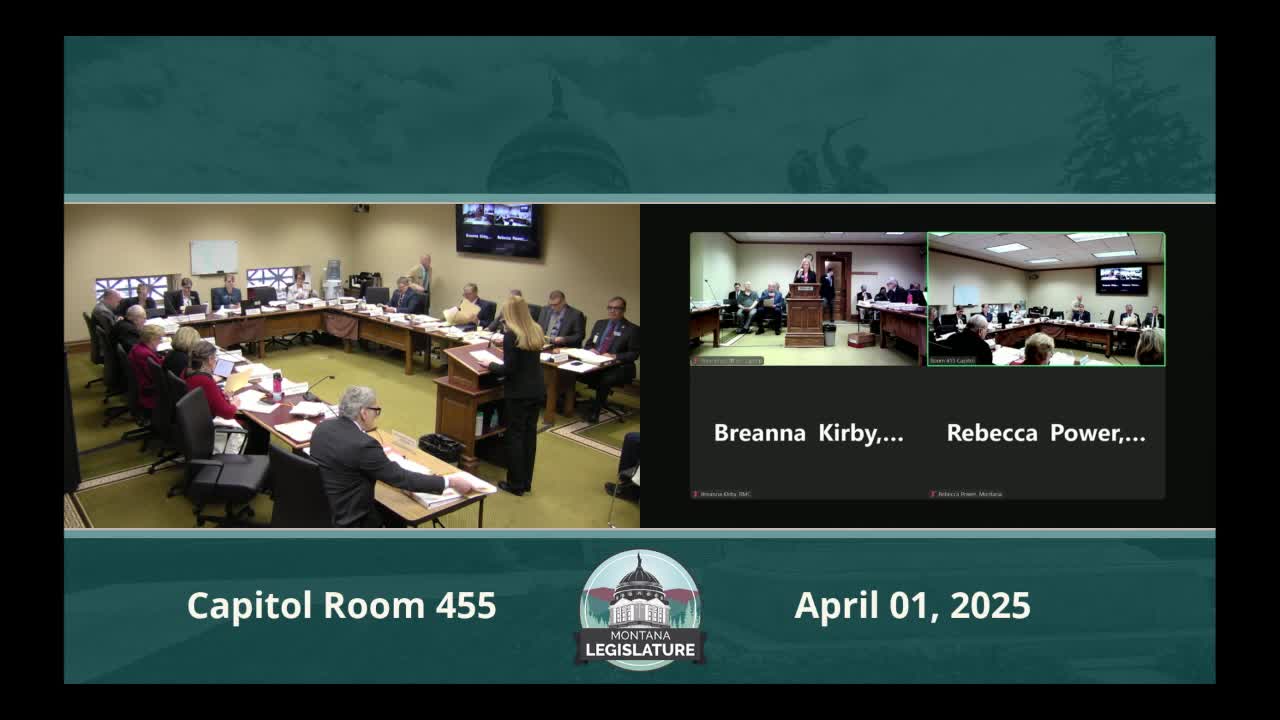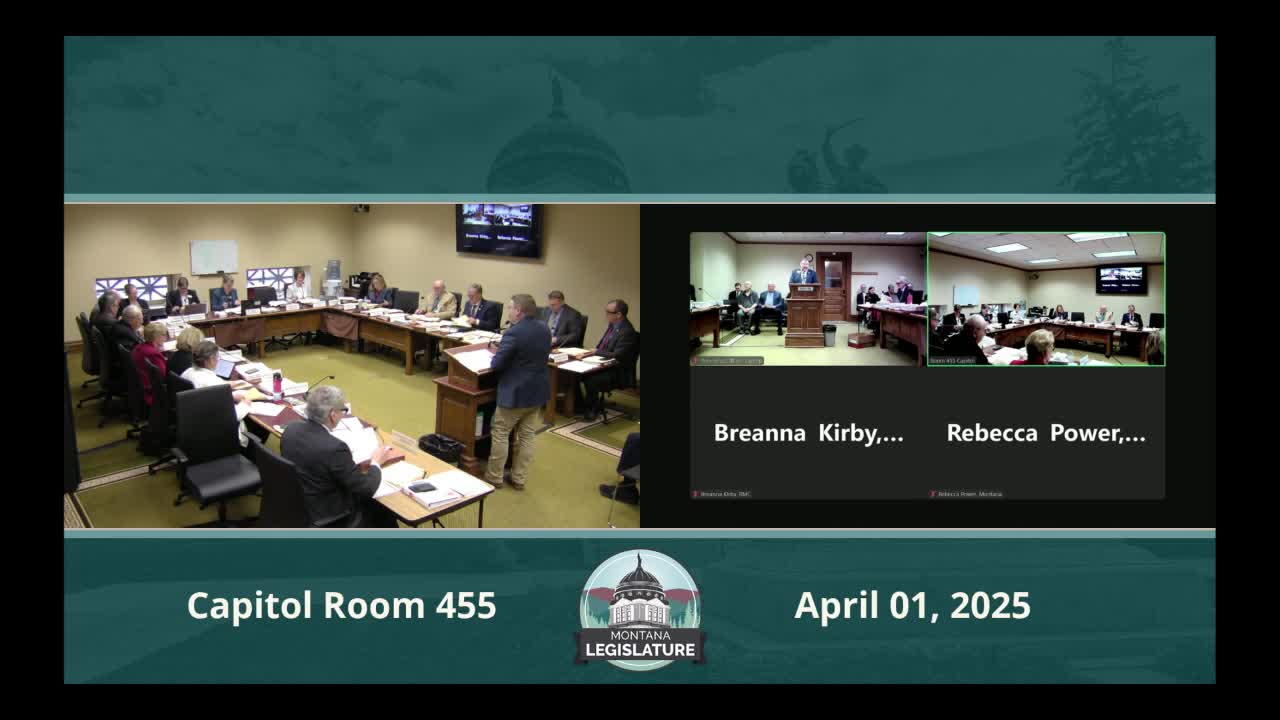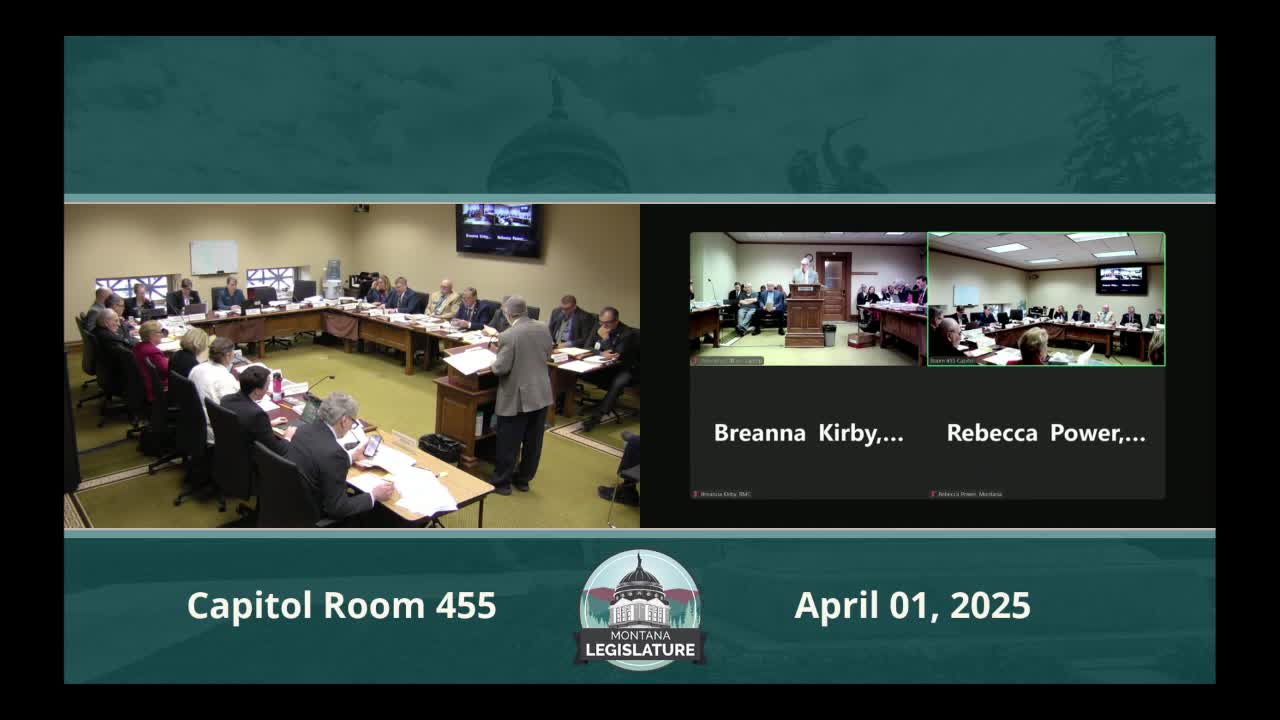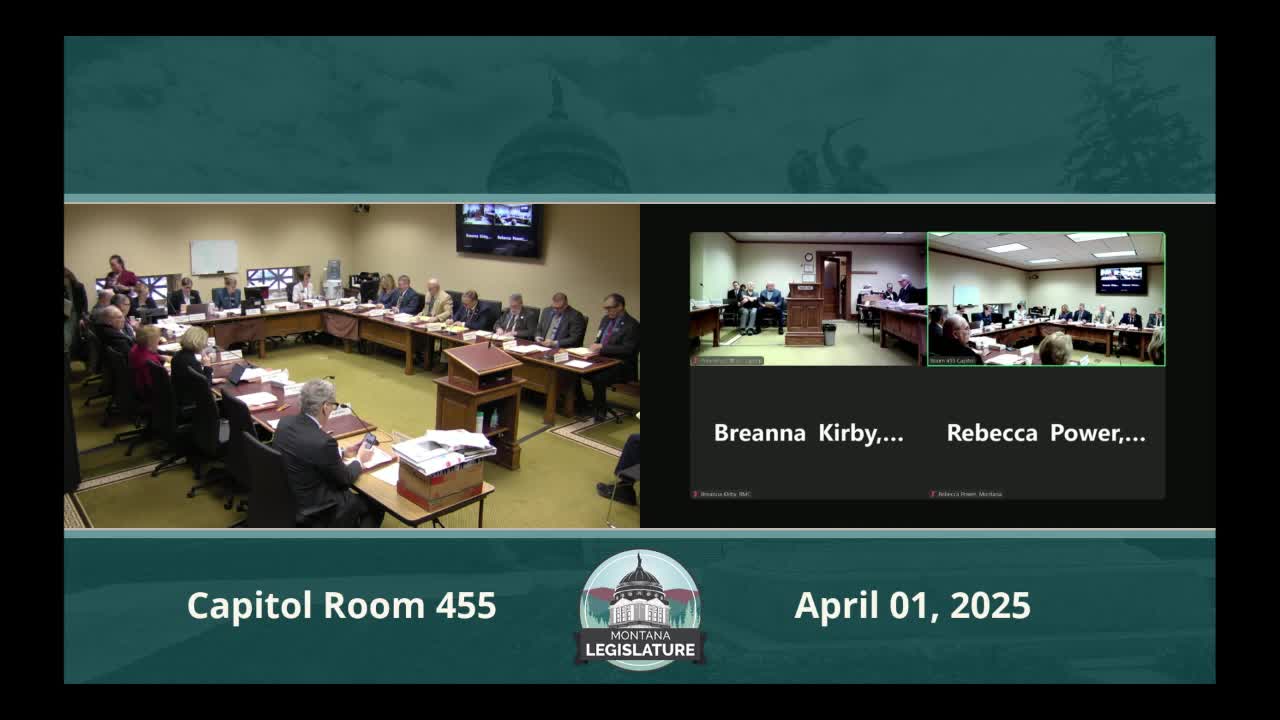Article not found
This article is no longer available. But don't worry—we've gathered other articles that discuss the same topic.

Rep. Nicholl introduces lobbyist disclosure bill tied to federal funding sources

Committee hears bill to clarify joint campaign communications and allow out‑of‑state signatories for incidental committee reports

Bill would extend suspension cutoff for elected officials from three to four months

